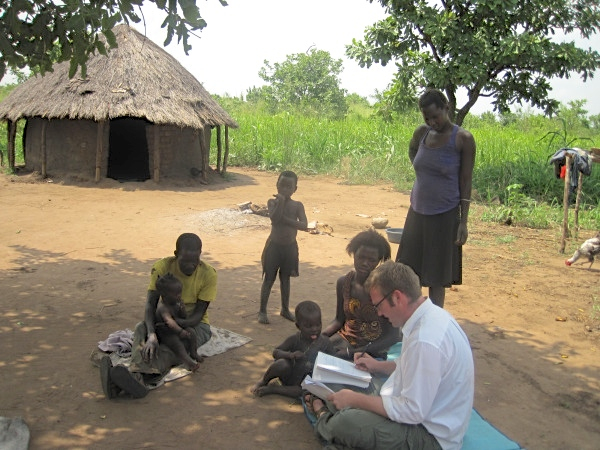
To guide the development of the curriculum, the MDP program focuses on learning competencies in the four pillars of this global initiative. Competencies in each of the pillars are designed to make complementary linkages to the other areas, consistent with the interdisciplinary nature of the program. Students graduating from the program are also expected to meet UF approved program learning outcomes related to knowledge, skills and professional conduct. Although each MDP program is unique in its offerings and specializations, the Global MDP Association has developed a set of competencies and associated skills under the four learning pillars of social sciences, health sciences, natural sciences & engineering and management, which students can refer to as a useful tool in determining their academic focus and interests.
Social sciences
- A comprehensive understanding of the interaction between social, economic and political processes in shaping developmental outcomes.
- The ability to apply principles of economics to understand how institutional and political structures influence policies at various levels and ultimately impact developmental outcomes.
- Recognition of the potential unintended consequences of relief and development activities.
Natural sciences
- Recognition of the drivers of resource utilization and environmental degradation, as well as an outlook on the implications of future environmental change and resource dilemmas.
- Skills to analyze the sustainability of complex social-ecological systems.
- The application of policy, market and community-based approaches to sustainable resource management.
Health sciences
- A scientific and cultural understanding of the management of healthcare resources, with particular focus on the complex interactions between individual, community and global health.
- The role that these interactions have on effective assessment and implementation of health services, and the formulation of health policy.
- An understanding of the intersection of social, cultural and environmental factors in determining health problems and solutions.
Management
- An understanding of program administration including how organizations/institutions operate within national and international contexts and carry out processes of program conceptualization, design, implementation, monitoring and evaluation.
- The development of a toolset for collecting, organizing, analyzing and applying data to address practical development problems at local, national and regional levels.
- Skills in facilitating collaborative processes in regards to communication, leadership, social learning, adaptive management, and administration skills.